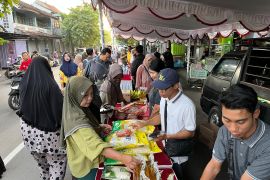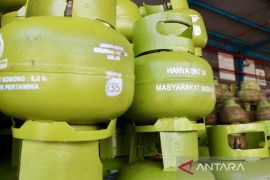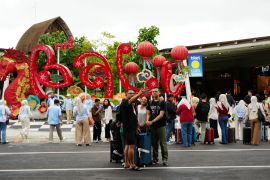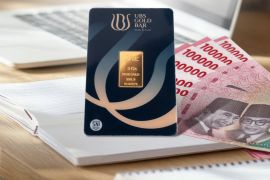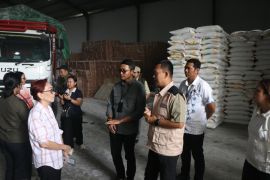Lebak, Banten (Antara Bali) - The price of natural rubber is picking up in the country after a long slump to follow the oil price fall in the global market.
Officials attributed the price hike to export cut policy in compliance with the decision of the rubber cartel International Tripartite Rubber Council (ITRC).
ITRC groups the world's largest producers of natural rubber, Thailand, Indonesia and Malaysia which account for 80 percent of the world's total production of natural rubber.
The price of rubber in the regency of Lebak, Banten, rose again in the fourth week of April.
"I think the price rise would encourage the rubber farmers," said Rulyy Yanrila, head of the marketing section of the district Forestry and Plantation Office.
The increase in price would at least help cover the production cost, Rulyy Yanrila said here on Friday.
Many rubber farmers have been on the brink of bankruptcy after years of slump, he said, adding some farmers already stopped tapping as the result was not worth the work.
Currently the price began to climb to reach Rp21,500 per kg of rubber in slab.
Jayadi (55),a rubber farmer in the village of Leuwidamar, said rubber production declined over the past several weeks as most of the rubber trees have been too old and on poor maintenance.
The regency of Lebak has 11,200 hectares of rubber plantations employing 259,000 people.
In Kalimantan, Chairman of the South and Central Kalimantan branch of the Indonesian Association of Rubber Companies (Gapkindo)Andreas Winata said the price of natural rubber from that region has increased to Rp16,000 per kilogram from Rp12,000 earlier.
Andreas said the cut in exports apparently has caused panic in international market on shortage in supply, resulting in surge in price.
In addition, supplies from other countries also declined on long drought, he said.
ITRC member countries have decided to cut exports by 615,000 tons to be shared proportionally by the three ASEAN countries.
The ITRC said it was optimistic the export cuts would drive rubber market to recovery after six years of being in deep slump.
Indonesia will cut exports by 238,736 tons and South and Central Kalimantan would contribute 80,000 tons to the country's share of the cut in the six months period. (WDY)




